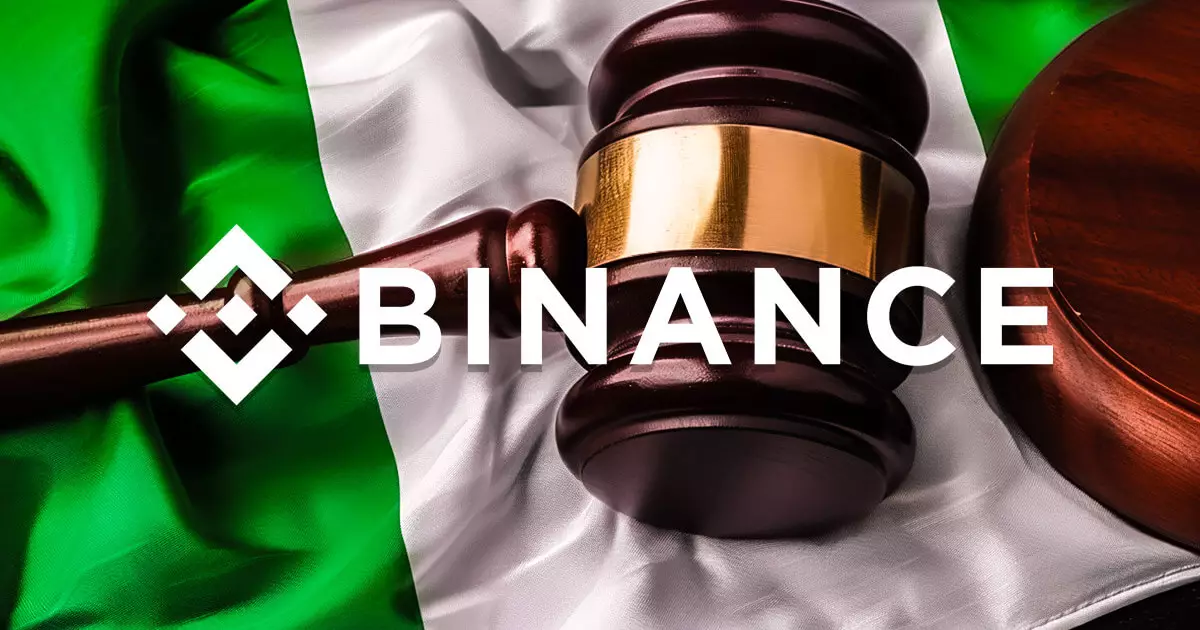The deputy director of the Central Bank of Nigeria (CBN), Olubukola Akinwumi, recently accused Binance of engaging in transactions that are typically reserved for authorized banks and financial institutions. This accusation came to light during Akinwumi’s testimony in a lawsuit brought forward by the Economic and Financial Crimes Commission (EFCC) against Binance and its executive, Tigran Gambaryan. The alleged amount involved in the money laundering case is a staggering $35.4 million.
Akinwumi highlighted that Binance allows Nigerian users to conduct transactions using pseudonyms, which is a direct violation of the CBN’s regulations. The CBN mandates that parties involved in financial transactions must disclose their true identities, a rule that Binance appears to have disregarded. Additionally, Akinwumi pointed out that the Binance peer-to-peer (P2P) platform facilitates the direct transfer of the Nigerian fiat currency, Naira, which goes against the established rules.
It is crucial to note that Binance has faced government scrutiny in the past, leading to the discontinuation of its P2P feature for Nigerians back in February. Furthermore, Akinwumi emphasized that Binance permits Nigerians to deposit and withdraw Naira using a ‘cash link,’ despite the fact that such activities fall under the regulation of the CBN. As a reminder, Binance is not licensed by the CBN as a payment service provider, making its operations in Nigeria potentially illegal.
The crackdown on crypto service providers in Nigeria began following the classification of crypto trading as a national security threat by the National Security Adviser (NSA). This shift in perspective is noteworthy, especially considering that the CBN only lifted a two-year ban on crypto transactions in December. Recently, the Securities and Exchange Commission (SEC) of Nigeria issued a 30-day window for crypto exchanges and digital asset traders to re-register their businesses under the new regulatory framework, warning of enforcement actions for non-compliance.
The accusations brought against Binance by the CBN highlight the regulatory challenges faced by crypto service providers in Nigeria. The ongoing trial and the involvement of key regulatory bodies like the CBN and the EFCC underscore the importance of compliance with financial regulations and the potential consequences of non-compliance in the crypto space.



















Leave a Reply